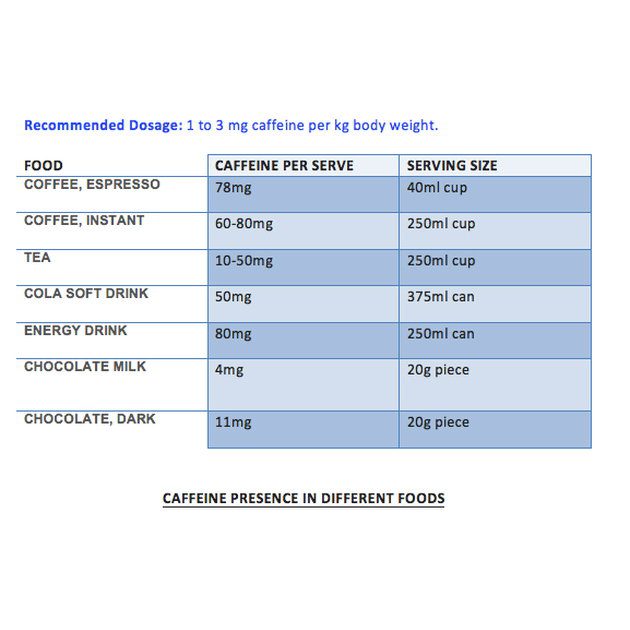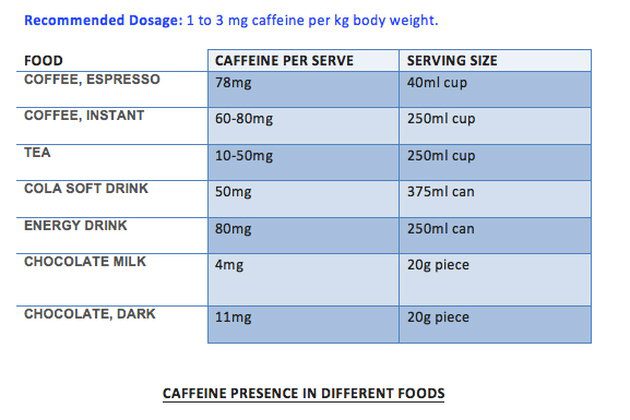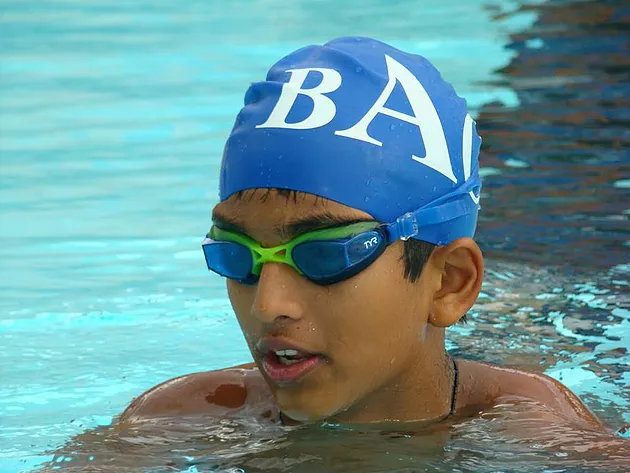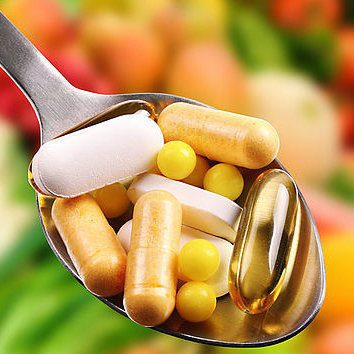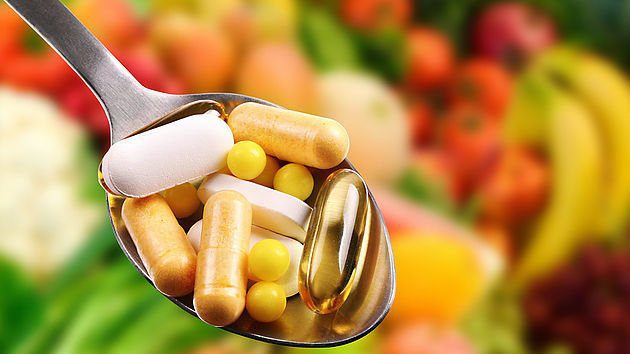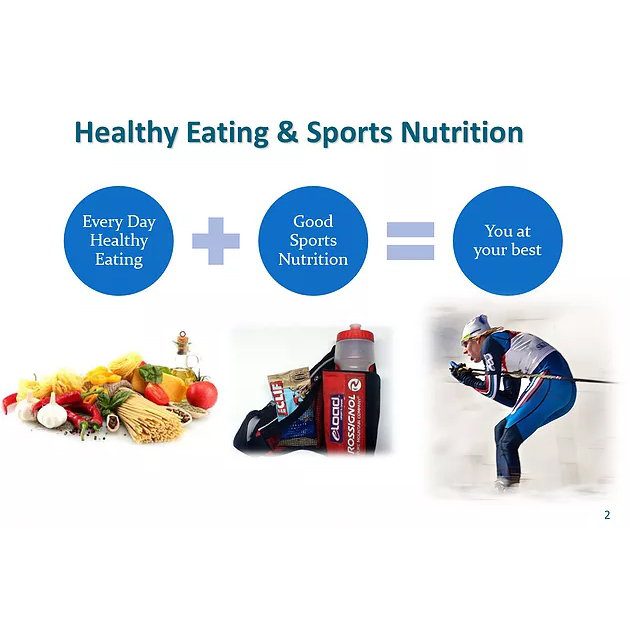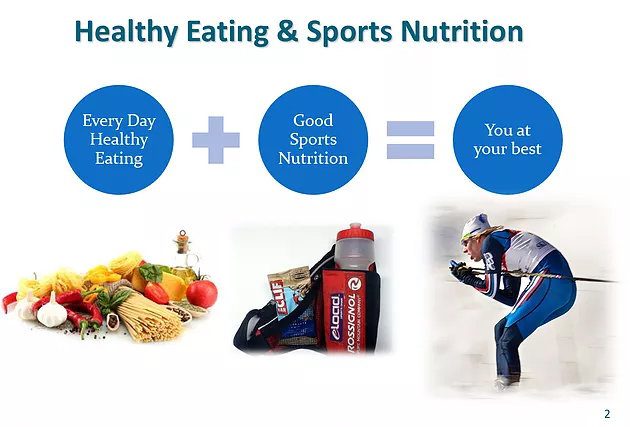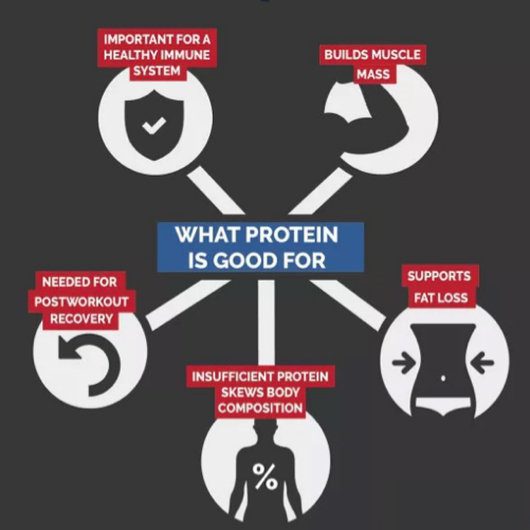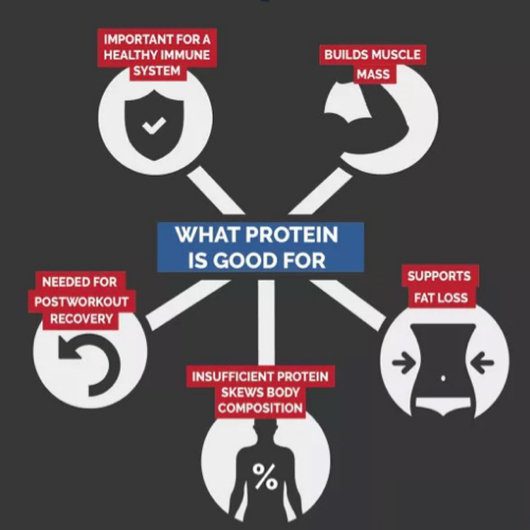
When we talk about nutrition, well-balanced meals and following healthy regime is more or less similar for male as well as female. However, it is vital to understand that sportswomen should give particular attention to three nutrients: water, calcium, and iron. Besides, meals should be rich in B12, folate, and zinc.
Water
Sports woman participating in any physical activity should understand the importance of fluid balance and pre/during/post game hydration. They should monitor their water intake closely.
Calcium
Helping the body in bone growth, bone mass, muscle contraction and nerve impulses, calcium is one of the most important components of a diet. It also helps in building strong bones to resist breaking and stress fractures. Inadequate calcium intake may cause a substantial risk of stress fractures, low bone mass, and related bone injuries.
Women are at greater risk of developing osteoporosis (a disorder characterized by making the bones weak and more likely to fracture), particularly after menopause, because oestrogen levels are reduced. Considering this fact, adequate daily calcium is essential in maintaining bone strength.
There is no doubt that calcium is good for women, however, too much calcium might cause serious side effects, which include renal damage and deposit of calcium in other areas besides the bones. In case you are at risk of developing kidney stones, you should take extra caution before taking calcium supplements. Ragi, Milk, Cheese, Leafy Vegetables and Yogurt and calcium-rich foods are a must for sportswomen.
Iron
Deficiency of iron can lead to reduced performance and fatigue. More often, females are at risk because of increased iron requirements due to menstrual blood losses matched against a smaller intake of food. If sportswomen do not get enough iron from their diet, then supplements should be considered under the supervision of a sports nutritionist or a physician.
Disordered eating and menstrual irregularities are very common symptoms of poor nutrition among sportswomen. Disordered eating includes poor nutrition habits, eating junk foods, dieting, etc. Combining disordered eating with intense training leads to multiple health problems like menstrual irregularities and much more.
Top 8 Precautions Needed to be Taken by Sportswomen
- Monitor your hydration levels closely
- Avoid excessive dieting which leads to unhealthy weight loss
- Eat 5-7 meals (3 major + 3-4 small) per day
- Choose breakfast options rich in iron e.g. cereals
- Distribute proper amount of carbohydrates, protein, and fat across all the meals
- Avoid junk foods
- Make sure that you are getting enough macronutrients & micronutrients from food. If not then consider supplementation under the guidance of sports nutritionist or physician.
- Keep monitoring your menstrual cycles. In case of irregularity take medical advice immediately.
If you have any questions related to nutrition or weight management, please schedule an online appointment with Dt. Silky Mahajan.
For inquiries, please feel free to email us at info@foodsandnutrition.in or call us at 7829999400. 10:00 AM IST – 7:00 PM IST (Mon – Sat).







